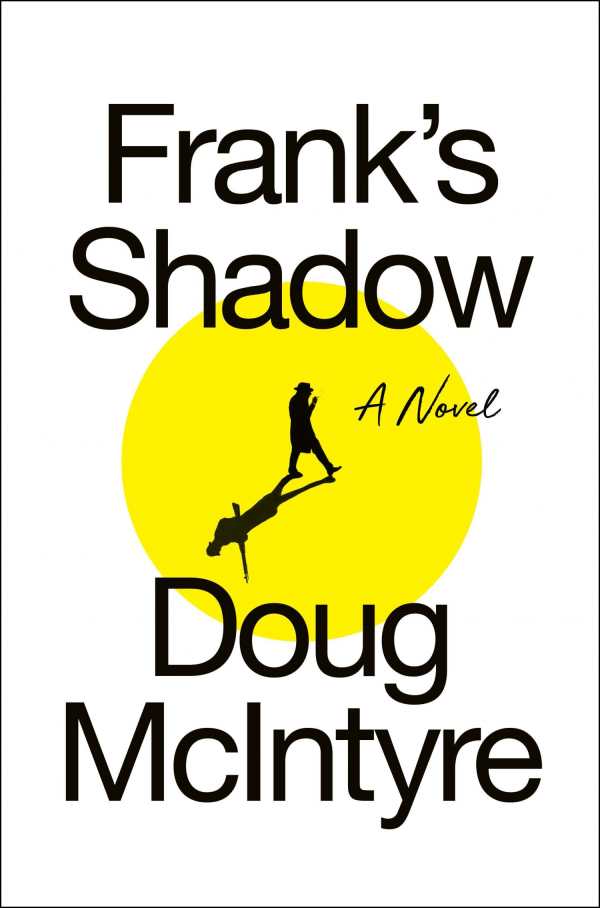Frank's Shadow
In the emotive novel Frank’s Shadow, a man’s complicated relationship with his father shapes him in both positive and negative ways.
In Doug McIntyre’s novel Frank’s Shadow, a middle-aged man seeks self-understanding while coping with the deaths of two men who shaped his life.
Frank McKenna and Frank Sinatra were both born on December 12, 1915, and both died on May 14, 1998. One fought in World War II; the other lived the high life in New York. And both had an impact on Danny, an alcoholic, unfulfilled author whose professorial work is lackluster, and who is the less famous Frank’s son. When the novel begins, Danny is searching for a way to become as beloved as Frank Sinatra—even knowing that, when he’s faced with social and economic issues, he tends to turn to alcohol or run away.
The death of his father, whom he barely knew, is Danny’s catalyst for facing his life choices. He researches his father’s life, reading old war letters that illuminate Frank’s feelings of love, fear, and regret; they are revelatory in fleshing out his life and morals. Indeed, Frank writes about his surroundings with a great sense of detail and expresses affection toward his wife. But he also reckons with accepting a choice that he made during the war, giving new depth to his otherwise sentimental missives. In time, the letters give Danny the courage that he needs to make personal changes.
Though the two plotlines sometimes vie for attention, they are well distinguished from one another: the past is covered in an epistolary manner, while sections dedicated to Danny’s present are more conversational. The latter are used to illustrate both Danny’s family relationships and his self-deprecation: when his wife calls for him, for example, Danny thinks, “She calls my name as if I’m a lost dog. I am a lost dog”; of his brother, he notes, “He pities me. I don’t resent his pity. I need it. I am beyond vulnerable; I am lost.” But when he speaks to his family members, Danny is often profane, using vulgarity to maintain the distance that he thinks he needs.
The family’s decades-spanning sadness and tragedies are further highlighted by the book’s nostalgic interlude, which focuses on the iconic singer whom Danny idolizes, juxtaposing his successes to Danny’s family’s struggles. This crystallizes the values that the book holds in tension. Its treatment of Frank Sinatra focuses on his life of ease and luxury, experiences that would be foreign to those serving in the war at the same time: “At the exact moment Frank shipped out, Frank Sinatra was rehearsing for his much-anticipated return to the Paramount Theater in New York City.” At first, Danny thrills in detailing Sinatra’s wartime indulgences, though his priorities mature as the book progresses toward his self-acceptance.
In the emotive novel Frank’s Shadow, a man’s complicated relationship with his father shapes him in both positive and negative ways.
Reviewed by
Mary McNichol
Disclosure: This article is not an endorsement, but a review. The publisher of this book provided free copies of the book and paid a small fee to have their book reviewed by a professional reviewer. Foreword Reviews and Clarion Reviews make no guarantee that the publisher will receive a positive review. Foreword Magazine, Inc. is disclosing this in accordance with the Federal Trade Commission’s 16 CFR, Part 255.

